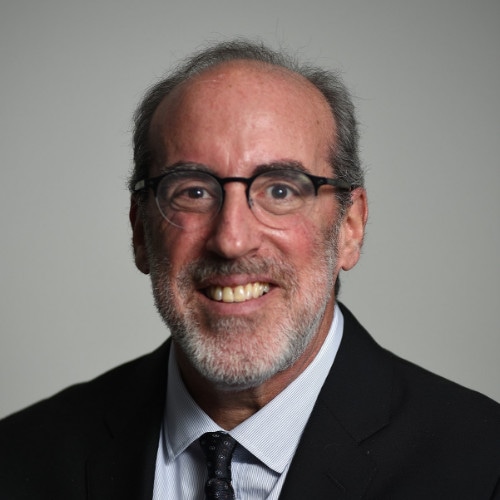
The future of work How can health systems and health plans prepare and transform their workforce?
4 minute read
07 March 2019
- Jennifer Radin United States
 Wendy Gerhardt United States
Wendy Gerhardt United States- Casey Korba United States
 Jeff Schwartz United States
Jeff Schwartz United States
The health care industry should find ways to be dynamic yet steady as younger generations enter the workforce, open talent models change how and where work happens, and disruptive technologies transform processes and consumer demands.
The nature of work is changing across all industries and around the world. Emerging technologies and the entry of a new generation into the workforce are changing expectations and bringing demands for new work models. Consider some of the ways the workforce is expected to change:
- It is estimated that in five years, 95 percent of customer interactions will be AI-driven.1
- Nearly half (47 percent) of US jobs could be automated in the next 10 years.2
- Over the past five years, freelancers, gig workers, and contractors made up 94 percent of net new job growth.3
- Millennials currently make up almost 50 percent of the work mix and are expected to account for nearly 75 percent of the overall US workforce by 2025.4
- As baby boomers extend productive life through healthy practices, the notion of the “100 year life” has implications for careers extending from 30 years to 50 years.
Learn more
Read more about the future of work
Explore the Health care collection
Learn about technology and the workforce of the future
Subscribe to receive related content from Deloitte Insights
The health care industry, too, is on the cusp of a major transformation. Health systems and health plans should prepare for a technology-driven future, changing consumer demands, narrower margins, an aging population that is expected to live longer with chronic diseases, and new market disrupters coming on the scene to help solve for these challenges. Besides, new generations of health care workers (millennials and Generation Z) typically have different expectations than previous generations, eschewing traditional career paths and calling for new work models—the gig economy and the rising frequency of virtual work are just two of the indicators of this shift.
But are health systems and health plans ready to transform their workforces and begin to move toward the future of work?
To explore these issues, the Deloitte Center for Health Solutions surveyed more than 100 chief operating officers (COOs) and chief administrative officers (CAOs) from health systems and health plans and conducted in-depth interviews with another 16. We focused on how health systems and health plans are preparing their nonclinical, business, and administrative workforces for the future of work. These repetitive functions are ripe for automation and could be considered near-term and low-risk opportunities, given they are not on the front line of patient care.
For an in-depth account of our findings and recommendations please read our complete report, The future of work: How can health systems and health plans prepare and transform their workforce? Here, we present an overview of our findings, what they mean for the future of work in health care, and some recommendations on how organizations can change these functions dynamically while remaining focused when it comes to day-to-day work.
Seventy-five percent of health systems and health plans that we surveyed have either invested in future of work initiatives or plan to do so in the next year or two. Not surprisingly, executives are motivated by the potential of these initiatives to contain costs, improve customer service, and engage employees. Many organizations told us that they are interested in, and are experimenting with, new technologies and talent models for their business and administrative functions. But they also recognize that there are broader benefits and goals tied to the future of work. Many of them said they intend to address employee engagement (76 percent) and existing staff shortages (73 percent) through the future of work. Over the long term, health systems and plans intend to use the future of work to improve customer satisfaction (75 percent).
Respondents identified a few nonclinical areas as most ripe for future of work transformation:
- Finance and accounting for all health care organizations;
- HR/talent (payroll/recruitment) for all health care organizations;
- Revenue cycle for health systems; and
- Customer service and claims processing for health plans.
Most admit, however, that they aren’t quite sure how to launch broader organizationwide future of work efforts. But standing on the sidelines is not an option. How does an organization move forward? Organizations should start by developing a strategic workforce plan focused on a three- to five-year time horizon. Other important steps include having strong leadership and managing change. The real opportunity presented by the future of work can be far greater than just cost savings. Health care organizations risk falling behind if they choose not to make and implement a strategic plan for the future of work. As health care organizations find their way toward the future of health, future of work strategies will be a critical enabler to this disruptive transformation.
For more on this issue, download the complete report, The future of work: How can health systems and health plans prepare and transform their workforce?
© 2021. See Terms of Use for more information.
Learn more about The Future of Work
-
Future of work Collection
-
What is work? Article6 years ago
-
Creating good jobs in the age of artificial intelligence Article6 years ago
-
Forces of change Article7 years ago










